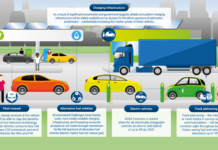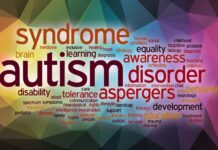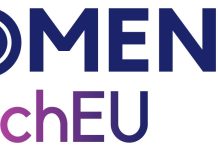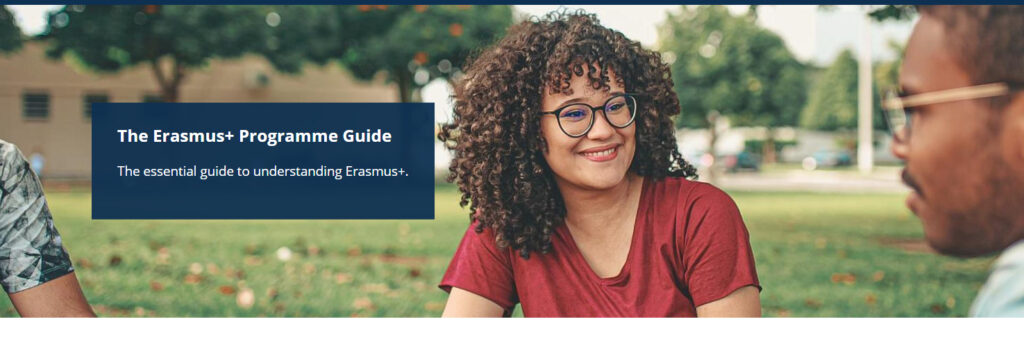Current version
Version 1 of 28.11.2023
About the Programme Guide
The Erasmus+ Programme Guide is essential to understanding Erasmus+. It provides participating organisations and individuals a comprehensive list of opportunities supported by the programme.
It is an integral part of the 2024 Erasmus+ Call for Proposals.
Who should read it
Organisations and institutions seeking funding in the framework of this call must comply with the conditions for participation and funding expressed in this Guide.
The document provides information on
- the priorities of the programme
- the actions supported
- the funding available for different actions
- detailed information on participation
How to read the latest version
The Programme Guide is published in web format and as a downloadable pdf.
Online
This is an accessible web format with search functionality.
Browse the Programme Guide online
🎯Here’s a snapshot of the key highlights:
💰 Increased Budget:
Erasmus+ has a robust budget of €4.3 billion for 2024, reaffirming its commitment to fostering transnational experiences for students, educators, and young professionals.
🌍 Enhanced Mobility Grants:
To counteract the impact of inflation, Erasmus+ will raise mobility grant levels by 5.9%, building upon the 12.27% adjustment made in 2023. This aims to ensure wider participation in learning experiences abroad.
🌱 Sustainable Travel Incentives:
In 2024, the program introduces stronger incentives for sustainable travel, making it the default option. Participants from remote areas or with insufficient rail networks will receive compensation for choosing sustainable modes of travel, promoting environmental responsibility.
🤝 Cooperation for Priorities:
Erasmus+ continues to bring people and organizations together to address its four key priorities: inclusion, active citizenship, green and digital transitions. Initiatives like European Universities and Centres for Vocational Excellence play a pivotal role in shaping education’s future.
Supporting Ukraine:
Erasmus+ stands in solidarity with Ukraine, offering projects that facilitate learning mobility, empower individuals with new skills, combat disinformation, and integrate refugees into new educational systems.
Promoting EU Values:
The program maintains its commitment to promoting common EU values, ensuring that all beneficiaries and activities align with principles of human dignity, rights, freedom, democracy, equality, and the rule of law.
🌐 Application Open to All:
Under the Erasmus+ call for project applications, public or private bodies in education, training, youth, and sport can apply for funding through Erasmus+ National Agencies or the European Education and Culture Executive Agency (EACEA).
📚 Background:
Erasmus+ has a total budget of €26.2 billion from 2021 to 2027, supplemented by €2.2 billion from EU’s external instruments. It has positively impacted over 14 million people since 1987, continuously expanding to involve more citizens.
📅 Next Steps:
Preparations for the mid-term evaluation of the ongoing program (2021-2027) and the final evaluation of the predecessor program (2014-2020) are underway, with a public consultation open until 8 December.
👉More information:
📌2024 Erasmus+ work programme https://lnkd.in/dMTUWsSt
📌2024 Erasmus+ call for proposals https://lnkd.in/dDS2QFH8
📌2024 Erasmus+ programme guide https://lnkd.in/euq5pbXj
Albania, Bosnia and Herzegovina, Kosovo26, Montenegro
Armenia, Azerbaijan, Belarus27, Georgia, Moldova, Territory of Ukraine as recognised by international law
(Region 3) South-Mediterranean countries
Algeria, Egypt, Israel28, Jordan, Lebanon, Libya, Morocco, Palestine29, Syria30, Tunisia
Territory of Russia as recognised by international law
Region 5 Asia31
a) Bangladesh, Bhutan, Cambodia, China, DPR Korea, India, Indonesia, Laos, Malaysia, Maldives, Mongolia, Myanmar, Nepal, Pakistan, Philippines, Sri Lanka, Thailand and Vietnam
b) High income countries and territories32: Brunei, Hong Kong, Japan, Republic of Korea, Macao, Singapore and Taiwan
Region 6 Central Asia33
Afghanistan, Kazakhstan, Kyrgyzstan, Tajikistan, Turkmenistan, Uzbekistan
b) High income countries: Bahrain, Kuwait, Oman, Qatar, Saudi Arabia, United Arab Emirates Region 8 Pacific 34
a) Cook Islands, Fiji, Kiribati, Marshall Islands, Micronesia, Nauru, Niue, Palau, Papua New Guinea, Samoa, Solomon Islands, Timor-Leste, Tonga, Tuvalu, Vanuatu
b) High income countries: Australia, New Zealand
Angola, Benin, Botswana, Burkina Faso, Burundi, Cameroon, Cabo Verde, Central African Republic, Chad, Comoros, Congo, Congo – Democratic Republic of the, Côte d’Ivoire, Djibouti, Equatorial Guinea, Eritrea, Eswatini, Ethiopia, Gabon, Gambia, Ghana, Guinea, Guinea-Bissau, Kenya, Lesotho, Liberia, Madagascar, Malawi, Mali, Mauritania, Mauritius, Mozambique, Namibia, Niger, Nigeria, Rwanda, Sao Tome and Principe, Senegal, Seychelles, Sierra Leone, Somalia, South Africa, South Sudan, Sudan, Tanzania, Togo, Uganda, Zambia, Zimbabwe
Region 10 Latin America
Argentina, Bolivia, Brazil, Chile, Colombia, Costa Rica, Ecuador, El Salvador, Guatemala, Honduras, Mexico, Nicaragua, Panama, Paraguay, Peru, Uruguay and Venezuela
Antigua & Barbuda, Bahamas, Barbados, Belize, Cuba, Dominica, Dominican Republic, Grenada, Guyana, Haiti, Jamaica, St Kitts and Nevis, St Lucia, St Vincent & Grenadines, Suriname and Trinidad & Tobago
United States of America, Canada
from 2023 fully eligible.
























